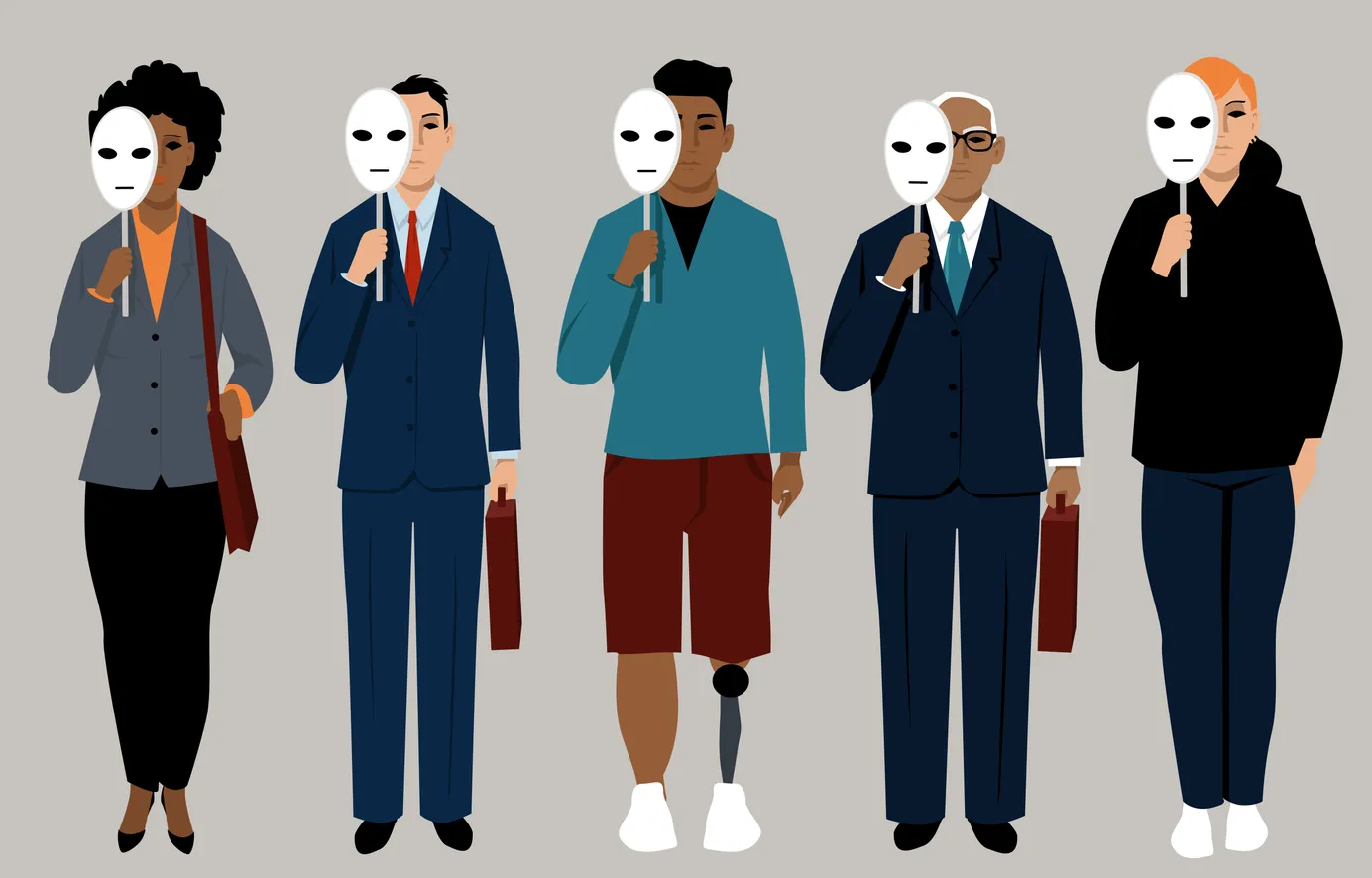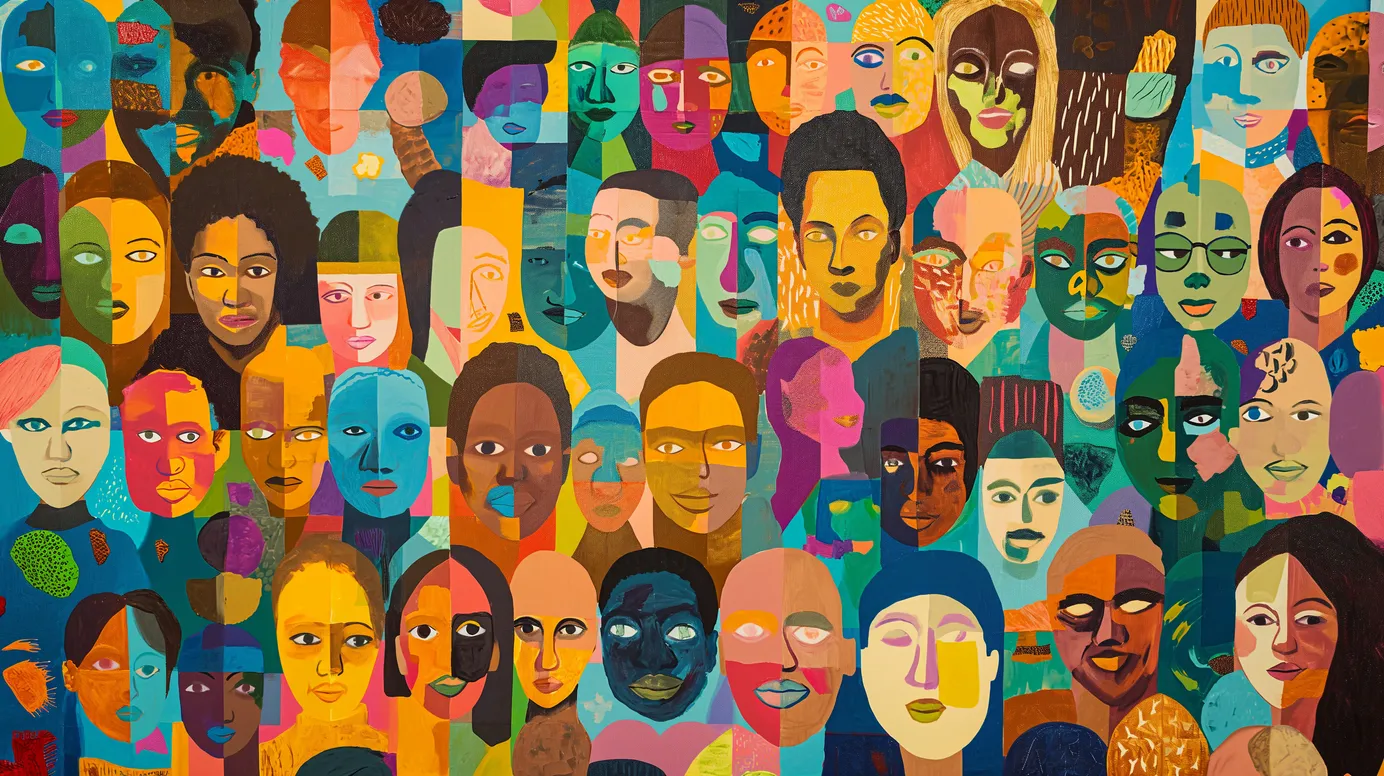Six Ways Ageism Impacts Mental Health

Summary: Ageism affects mental health in profound ways. Here are six key impacts—and how we can work to change the narrative.
In a recent blog post on the UK's Centre for Ageing Better website for Mental Health Awareness Week, CEO Dr. Carole Easton OBE explores six significant ways age discrimination negatively affects mental health in older adults. Dr. Easton explains that ageism, which is pervasive across society, impacts self-esteem and mental well-being by influencing nearly every part of life.
1. Ageist Attitudes & Self-Perception
Society’s attitudes toward aging directly influence how older adults perceive themselves, often impacting their mental health. Repeated exposure to ageist messages can lead to internalized ageism, where individuals begin to believe that aging inevitably brings a decline in physical and mental abilities.
Research shows that individuals with a more positive perception of aging live 7.5 years longer than those with a negative outlook, demonstrating the crucial link between ageism and mental health.
2. Ageism in Healthcare
Healthcare disparities significantly affect older adults' mental health. Many signs of depression and anxiety in older individuals are often dismissed as a natural part of aging, preventing them from receiving appropriate support. Furthermore, older adults are frequently offered fewer mental health treatment options compared to younger patients, perpetuating inequities and worsening outcomes.
3. Workplace Ageism & Mental Health
An ageist workplace—where older workers feel undervalued—can severely affect mental health. This lack of recognition often leads to feelings of inadequacy, anxiety, or depression. Additionally, workplace ageism may push some individuals into premature retirement, impacting their sense of purpose.
4. Job Loss, Ageism & Mental Health Challenges
Losing a job later in life is a significant source of stress and mental health challenges for older adults. Besides financial insecurity, the experience can lead to a steep decline in self-esteem and feelings of isolation, further amplifying the negative effects of ageism and mental health struggles.
5. Poor Housing & Emotional Impact
More than 2 million people over the age of 55 in the UK live in substandard housing. Deteriorated housing conditions, such as exposure to cold or damp environments, can lead to embarrassment and a sense of helplessness, directly impacting mental health. These living conditions can also exacerbate physical issues that add further challenges to emotional well-being.
6. Isolation & Loneliness Due to Lack of Community Support
Mobility limitations, bereavement, or societal age discrimination often result in older adults becoming socially isolated. Without access to adequate community resources, this isolation and loneliness can significantly impact their mental health, increasing the likelihood of depression or anxiety.

Our Take on Ageism and Mental Health
While society is gradually shifting away from the traditional, linear life path of education, career, and retirement, ageism continues to persist in harmful ways. These stereotypes and biases disproportionately impact mental health in older adults, impeding our progression toward a society where age doesn’t dictate life choices or opportunities.
To combat ageism’s harmful effects on mental health—and to align with the reality of our increasingly nonlinear lives—we propose six actionable strategies to promote inclusivity and change societal norms:
1. Encourage Intergenerational Interaction
Break down stereotypes by fostering communication and collaboration between generations. Creating family, workplace, or community spaces for intergenerational dialogue encourages mutual respect and understanding.
2. Shift Media Narratives
Media and public education campaigns should highlight examples of individuals thriving, regardless of age, to change societal attitudes. Showcasing age as irrelevant to one’s abilities or identity can reshape perceptions over time.
3. Advocate for Age-Inclusive Policies
Push for healthcare and employment policies to focus on individual needs and abilities, rather than relying on outdated, chronological benchmarks. This approach can help dismantle workplace ageism and ensure equitable access to mental health resources for older adults.
4. Remove Ageist Language from Decision-Making
Language choices matter. Vocabulary like "stage of life" often promotes a linear progression and can reinforce stereotypes. Reframe this concept to celebrate ageless contributions and perspectives in decision-making processes.
5. Promote Lifelong Learning
Support skill development and personal growth at any age. Offering accessible lifelong learning programs helps break the fallacy that education and self-improvement end after early adulthood.
6. Support Research on Nonlinear Life
Investing in research on the nonlinear life model and its societal impacts can provide valuable insights for advocating change. Growing evidence will help debunk traditional assumptions about age and mental health, leading to more inclusive systems and attitudes.
Moving Forward
To achieve lasting change, we must respect and appreciate individuals for their unique contributions, regardless of age. By addressing the effects of ageism on mental health and championing more inclusive perspectives, we can create a society where everyone feels valued, connected, and supported throughout their life’s unique, nonlinear path.
Further Reading*
(Book links direct to stores in the author's home country)
- This Chair Rocks: A Manifesto Against Ageism, by Ashton Applewhite
- Growing Old Disgracefully, by Carol Ashley. "These are the musings that close girlfriends laugh, cry, and cuss about over a cup of coffee on the veranda. Nothing really is sacred here. Carol captures the reality of life with the humor only a poet can see."
- Ageism, Stereotypes, Examples, Definition
Author's note: Remember that this summary provides an overview of significant themes mentioned in the study, with our insights thrown in for good measure. For the full context and depth of content, always refer back to the original books, studies, and articles.
Got an idea? We want to hear from you!
At The IC, we're always excited to bring fresh perspectives and unique voices to our community.
We'd love to connect if you have feedback, an article idea, or want to join us as a guest writer.
Email us at hello@interludecafe.com or head over to our Contact Us page to get started!






